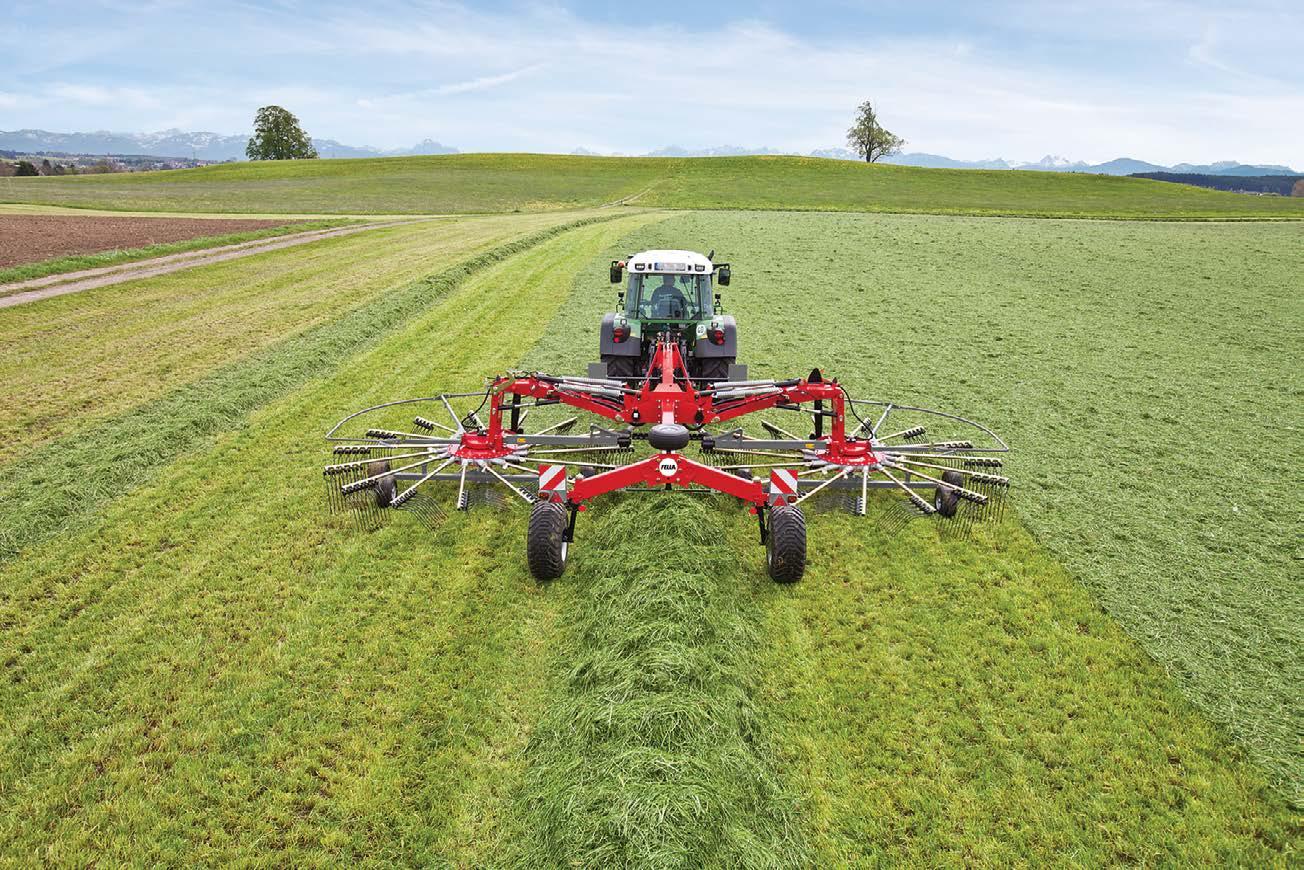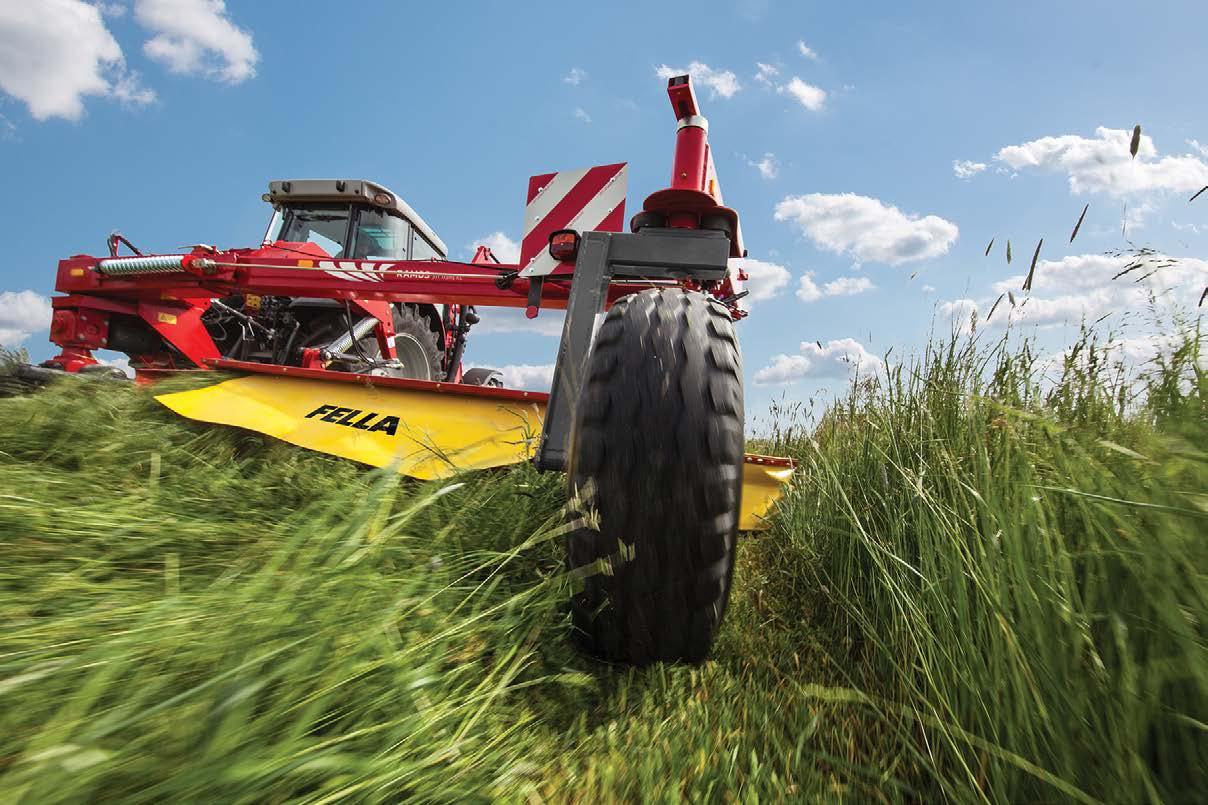
3 minute read
Driving automotive towards Bio-Based solutions
THE AMOUNT OF PLASTIC USED TO PRODUCE A CAR ACCOUNTS FOR 20 PER CENT OF ITS WEIGHT EXCLUDING THE TYRES.
Production for the automotive industry purposes still generates considerable environmental costs in spite of the fact that it uses increasingly advanced technologies and implements further restrictions regarding the emission of hazardous substances.
The shrinking resources of crude oil and high incidental expenses of its extraction as well as high production and recycling costs of petroleum-based plastics make it necessary for the market to look for sustainable alternatives to replace them.
The European Commission and BBI-JU are acting on this since 2014. The BBI JU’s mission is to implement, under Horizon 2020 rules, the Strategic Innovation and Research Agenda (SIRA) developed by the industry and validated by the European Commission which will bring more than €3.7 billion investments in bio-based innovation.
The Biomotive Project being a part of the European Horizon2020 Programme and Bio-Based Industries joint undertaking is a project primarily dedicated to the automotive industry whose aim is to develop innovative technologies to be used in the polyurethane production process and to present their advantages over petroleumbased polyurethanes that have been used so far.
The European Union hopes to achieve its climate neutrality by 2050 and the solutions developed by the Biomotive Project are a chance for producers to meet new standards.
The main goals of the Project are to demonstrate the production of innovative bio-based polymer materials, such as thermoplastic polyurethanes, two-component polyurethane foams and regenerated cellulosic fibres in a real environment and on an industrial scale. The production of Biomotive polymers is based on natural raw materials, mainly wood pulp, sugars and vegetable oils, particularly the Spanish artichoke oil.
Some other materials have also been tested within the Biomotive project. It also developed elastic foams for car seats containing 60 per cent of biocarbon and presented evidence that they ensure the same level of comfort as the foams currently used in car seat. The textiles covering biofoams were also made of almost 100 per cent natural materials. These textiles not only enhance the foam qualities providing additional abrasion resistance but also increase the overall content of bio-based materials used in car seats to 70 per cent.
The project is well underway with several achievements already documented. Thermoplastic polyurethane (TPU) granulate having 67 per cent bio carbon content has been prepared on optimised bio-raw materials. First car part injections using this TPU have been done and injection process is being optimised. Wood pulp sustainable production process has been optimised and first biofillers have been integrated into TPU. At the same time 57 per cent bio-carbon containing 2k polyurethane foam has been made in real car seat production moulds. These foams have been integrated with Biomotive bio-textiles as reinforcement allowing >60 per cent overall bio-carbon content in this element. Currently performance optimisations of both materials are under way as well as processability studies. The initial experimental data has been fed into preliminary life cycle analysis. The results of this preliminary study revealed that the project assumptions can be fulfilled and that the works are proceeding towards fulfilment of project goals
The Biomotive project joins scientific and research institutions, producers of bio-based materials, car part manufacturers and certification bodies into one European Consortium. The result of this cooperation is a complete, fully tested and documented manufacturing chain ranging from bio-based raw material acquisition to the manufacturing and later on recycling of particular elements of equipment for cars, coaches, buses and special vehicles.
The technologies for the production of bio-polyurethanes developed within the framework of the Biomotive project are also used in other industries in the production of finished products and the recovery of raw materials through recycling.
There’s also a socio-economic aspect to the Biomotive Project as the implementation of the project will allow for the creation of new jobs in the production of bio-based materials, biochemistry and agriculture.
This project has received funding from the Bio Based Industries Joint Undertaking under the European Union’s Horizon 2020 research and innovation programme under grant agreement No. 745766. n

For more infor, visit: http://greennovention.eu/

AT THE CUTTING EDGE

New models from FELLA, the brand name of AGCO GmbH, continue its history of technological innovation in green forage harvesting machines











